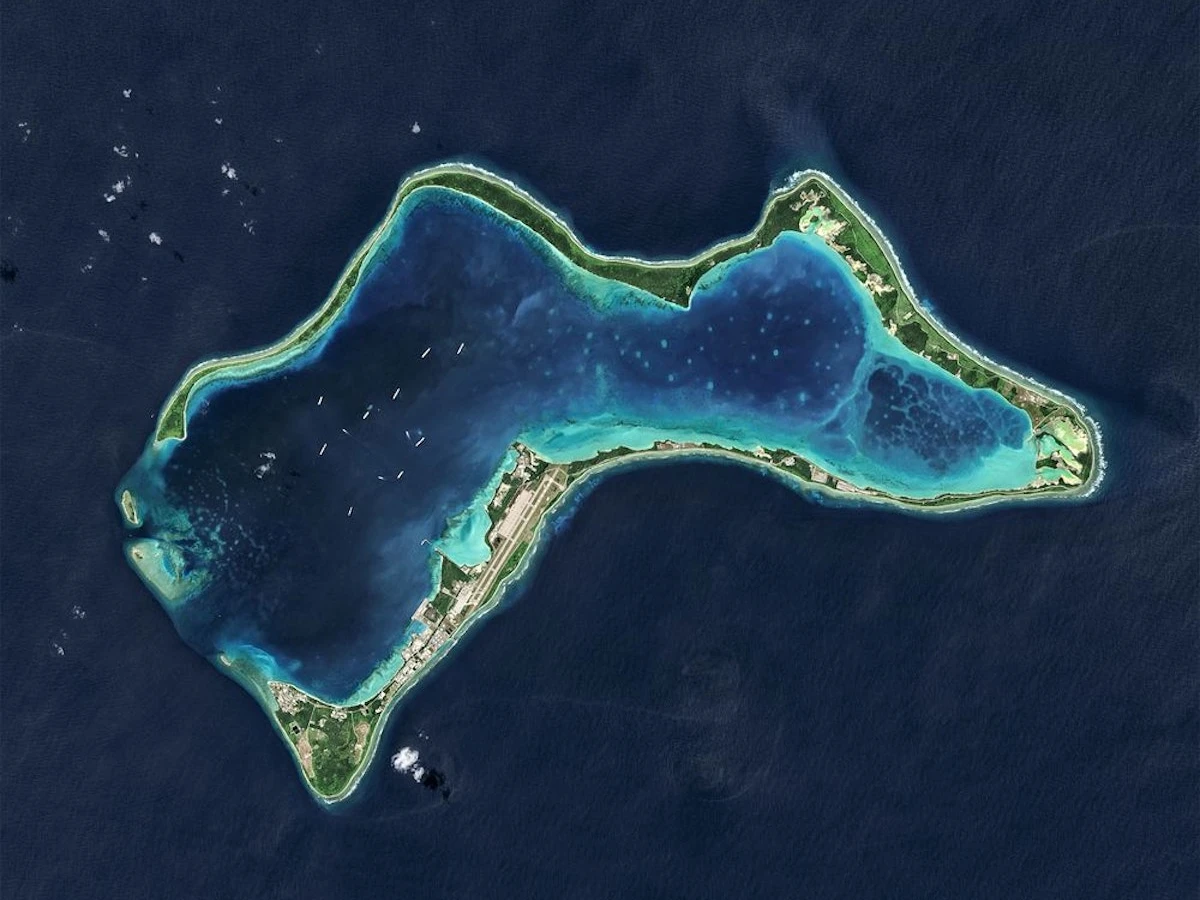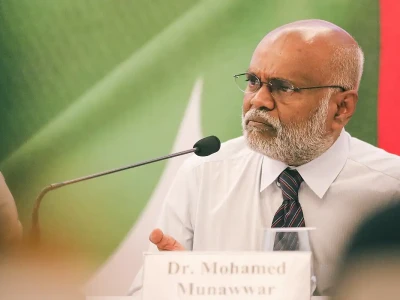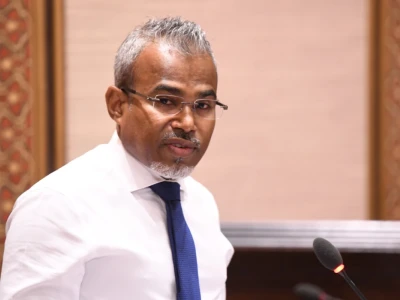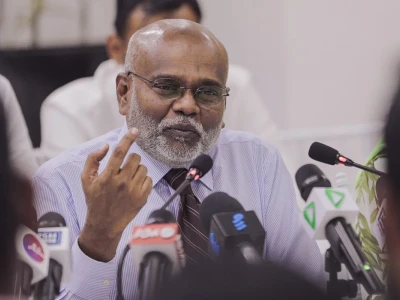
Sudden change in Maldives stance over Chagos dispute draws criticism
If the tribunal settles in favour of Mauritius, Maldives will have to divide around 96,000 square kilometres of the country's economic zone.
Top Stories
By
Aman Haleem
Former Attorney Generals Dr Mohamed Munawwar and Dr Hassan Saeed on Saturday expressed concern over the government's non-disclosure in explaining the reason for the sudden change in the Maldives' stand on the decision to recognise Chagos as a part of Mauritius.
Incumbent Attorney General Ibrahim Riffath told a United Nations tribunal on Thursday that the Maldives would vote in favour of Mauritius at the UN, saying that Maldives has changed its stand on the Mauritius issue.
-
President Ibrahim Mohamed Solih had written a letter to Mauritius on August 22 stating that the Maldives would vote in favour of Mauritius in the Chagos case.
-
In the letter, he pledged to vote to accept the International Court of Justice's decision.
-
Following the change in government's stance, the Mauritian government withdrew its petition to the tribunal seeking recovery of the cost of a survey of Behim reef
-
According to the government, the stand was changed to ensure an early resolution to the ongoing dispute in the tribunal and Mauritius' objection to demarcating the country's continental shelf.
In outlining their concerns, both Munawwar and Saeed said that any issue related to the country's economic zone can be decided only after the policy change is revealed to the general public, and deliberations and approval for the matter is taken up with the parliament.
Munawwar, an expert in maritime law, told Atoll Times that as per the maritime law and international conventions, the country's economic zone has been defined at 200 nautical miles from baselines. It is a right granted to the Maldives by international standards, he said.
Munawwar also pointed out that there was a possibility of a part of Maldives being taken from the disputed territory in the Chagos case. It is a matter relative to all Maldivians, he said, and the people should know clearly why the government chose to stand with Mauritius.
"The change means Maldives is ready to let go of some maritime territory; like saying it is okay if we talk peacefully. If such a deal is to be made, we have to tell the people of the country what is going on," he said.
Munawwar also said that as per the law, this cannot be done without parliamentary consent. Munawwar had earlier expressed concern over the lack of attention given to the issue.
Speaking on the same lines, Saeed also told Atoll Times that when such a big policy of the government has changed, the people should be made aware of it in a more transparent manner.
"Going against the Law of the Sea and the country's maritime territory laws, the government can't change its policy so that a part of the country is let go. According to the law, no part of our country’s territory can be removed without the parliament’s say," Saeed said.
He also asserted that since the decision involves the interest of all citizens, it should be explained to the people of the country.
Mauritius and the Maldives have been fighting over a 37,000-square-mile expanse of the Indian Ocean before the International Tribunal for the Law of the Sea, with both claiming the fish-rich waters as their own economic zones.
Mauritius, in its petition to the tribunal, has sought an area of 200 nautical miles from Chagos's Bleinhem Reef to be included within its economic zone. If the tribunal settles in favour of Mauritius, Maldives will have to divide around 96,000 square kilometres of the country's economic zone.




